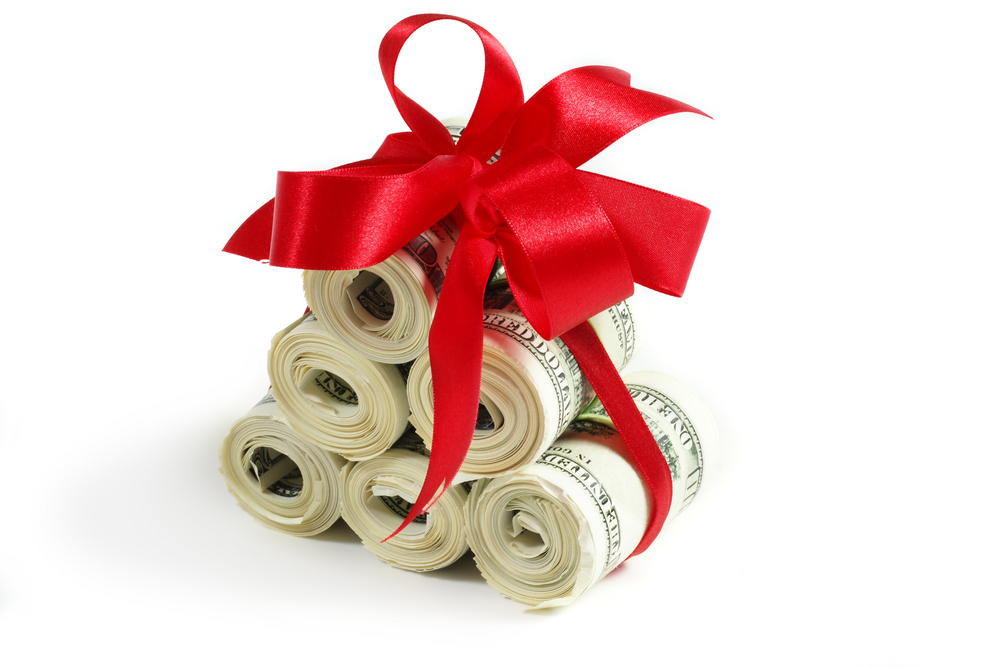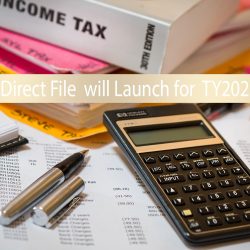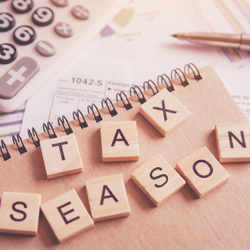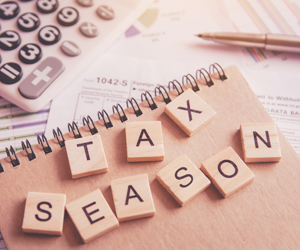The IRS is waiving $1 billion in penalties for Americans that owe back taxes — here’s everything you need to know…
Millions of Americans who owe back taxes to Uncle Sam are being given what amounts to a “get out of jail free” card by the Internal Revenue Service (IRS).
The federal tax agency announced on Dec. 19 that it’s waiving $1 billion in penalties tied to overdue bills from the 2020 and 2021 tax years — when the IRS temporarily suspended the mailing of automated reminders due to the COVID-19 pandemic.
While the reminder notices were suspended, interest and failure-to-pay penalties continued to accrue for taxpayers who did not pay their tax bills in full. Ahead of resuming normal collection notices in 2024, the IRS is providing penalty relief to almost 5 million taxpayers — many of whom were likely in the dark about how much they owed.
“We have been concerned about taxpayers who haven’t heard from us in a while suddenly getting a larger tax bill,” IRS commissioner Danny Werfel said. “The IRS should be looking out for taxpayers, and this penalty relief is a common-sense approach to help people in this situation.”

Who will get penalty relief?
The IRS will issue a special reminder letter to taxpayers affected by the pandemic-related pause in payment reminders, alerting them of their liability, how to pay their bill and if they received any penalty relief back in January.
The agency estimates that 4.7 million tax returns — filed by individuals, businesses, trusts, estates and tax-exempt organizations — are eligible for the relief, which will represent about $1 billion in savings to taxpayers, or about $206 per return. Nearly 70% of the individual taxpayers receiving penalty relief have income under $100,000 per year.
Penalty relief will be applied to eligible taxpayers automatically. If you’ve already repaid your full balance and the failure-to-pay penalties related to your 2020 and 2021 debts, the IRS will issue a refund or credit the payment toward another outstanding tax liability.
“This is a gift,” Jim Buttonow, a certified public accountant in Summerfield, N.C., told the Wall Street Journal. Buttonow, who worked in IRS compliance for nearly 20 years, described the move as unprecedented, noting that the lack of a reminder wouldn’t normally be considered a reasonable cause to get penalty relief.
Tackling outstanding tax debts
Uncle Sam may be lending a helping hand this time, but it’s important not to leave him hanging, either.
“The IRS wants to help taxpayers and provide them easy options to deal with unpaid tax bills and avoid additional interest and penalties,” Werfel said. “People receiving these notices should remember that there are frequently overlooked options that can help them set up an automatic payment plan or catch up with their tax filings.”
There are many ways to resolve your tax bill without getting slammed with fees and penalties. For instance, you can apply for a payment plan, also known as an installment or online payment agreement, to pay off your balance over time. You can also request an Offer in Compromise — formerly called the Fresh Start program — which lets eligible taxpayers settle their debt for less than what they owe. Finally, you may request to temporarily delay collection until your financial condition improves.
Remember, it’s important to both file and pay your taxes on time if you can. Failure to do so can result in various consequences depending on the type of penalty, which the IRS details on its website.









